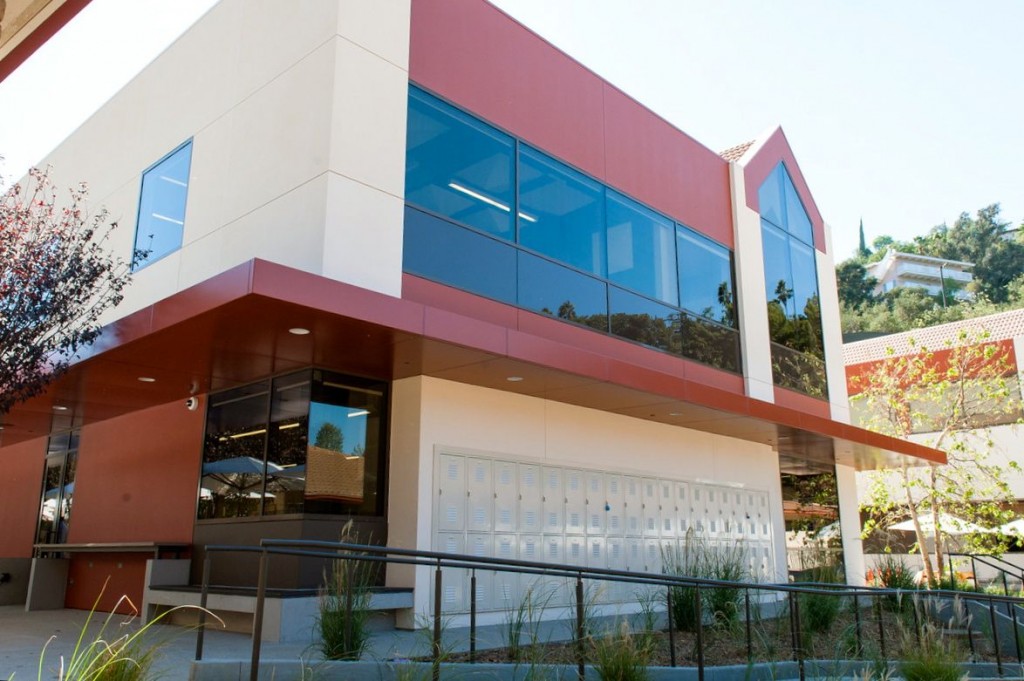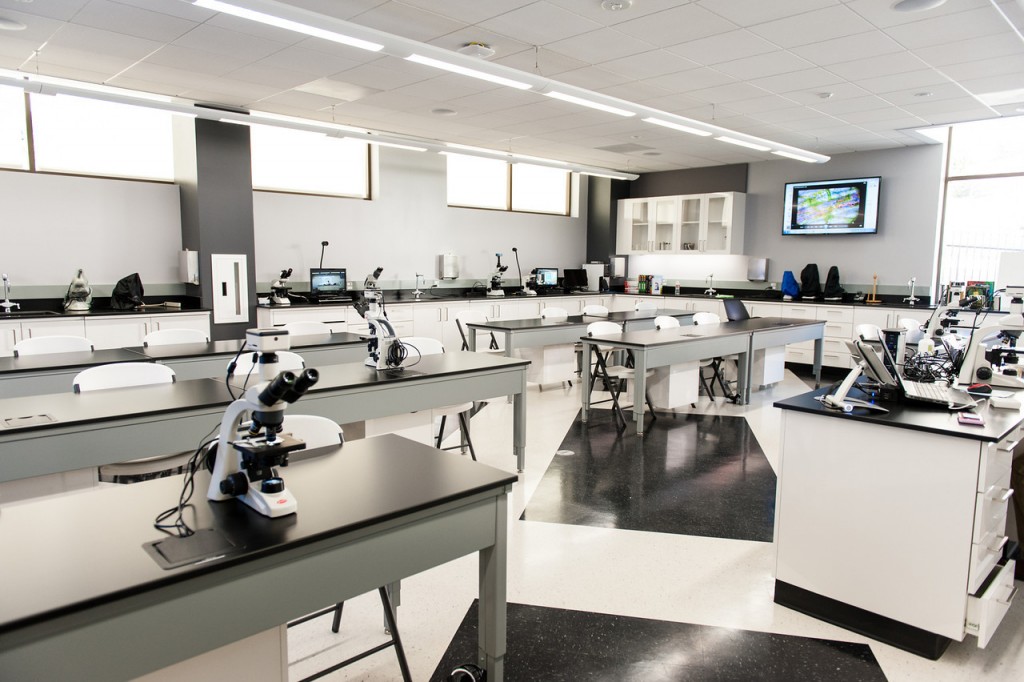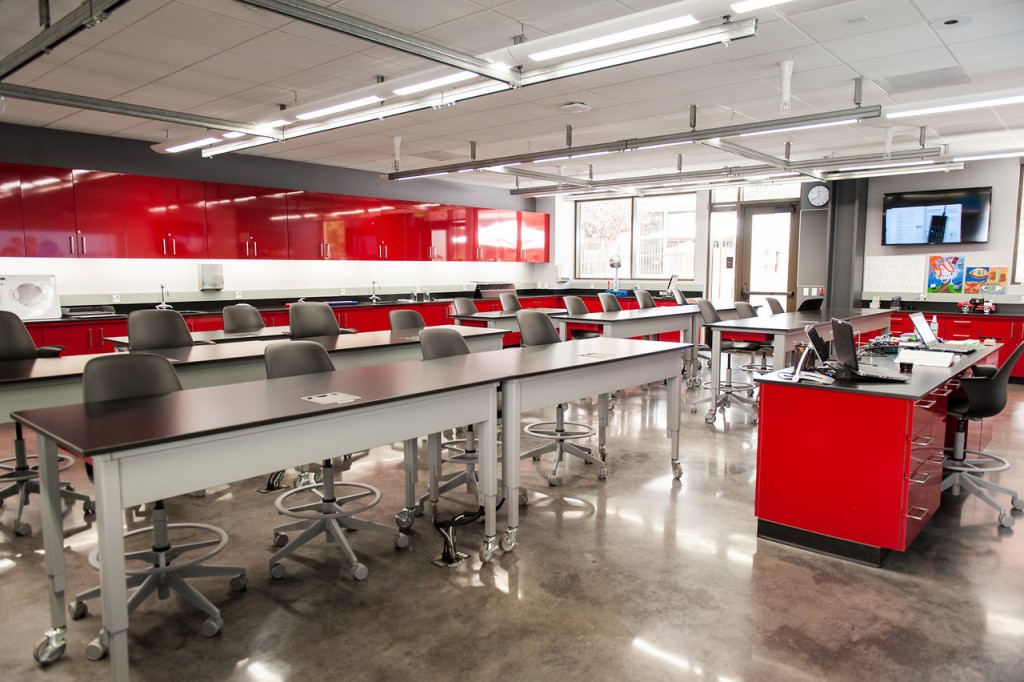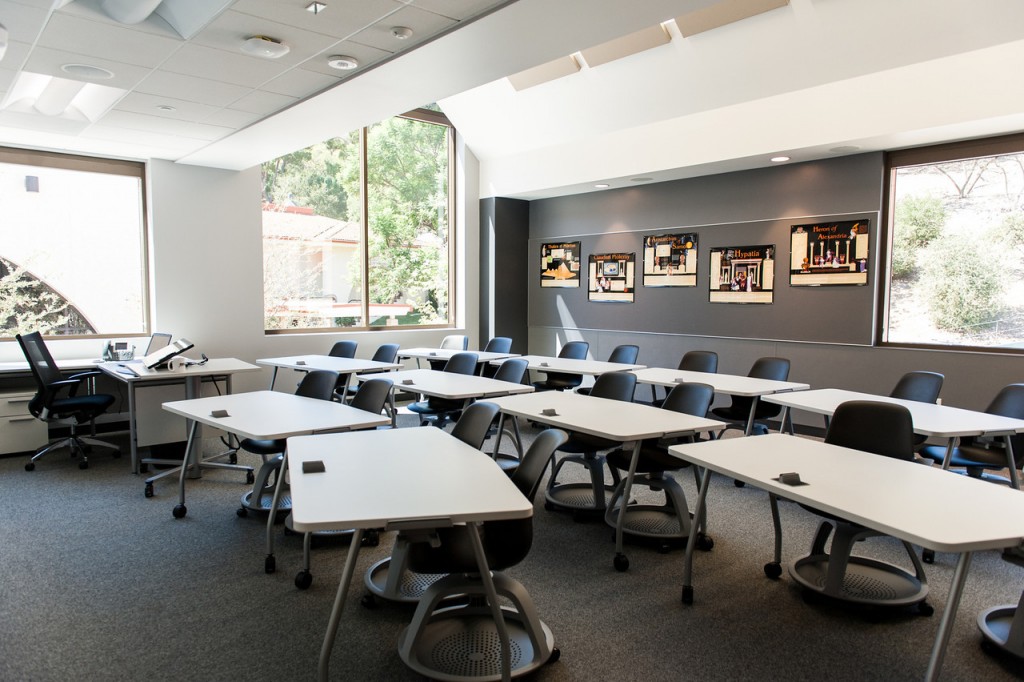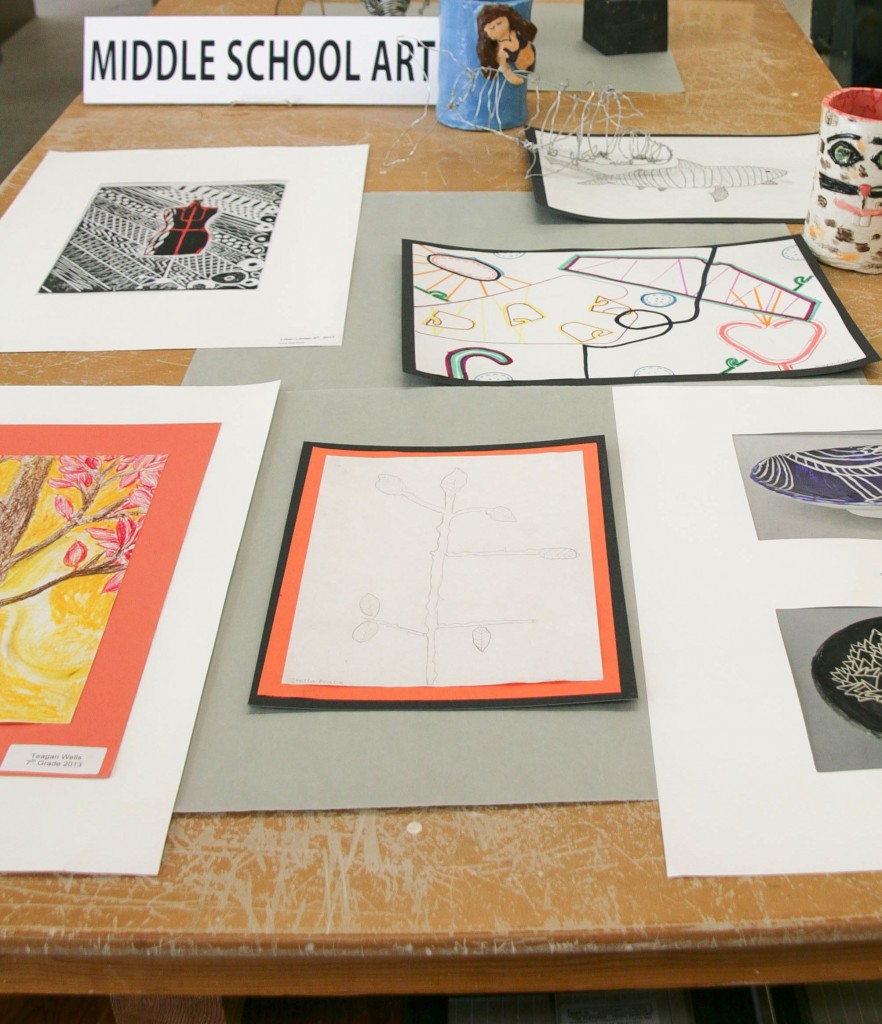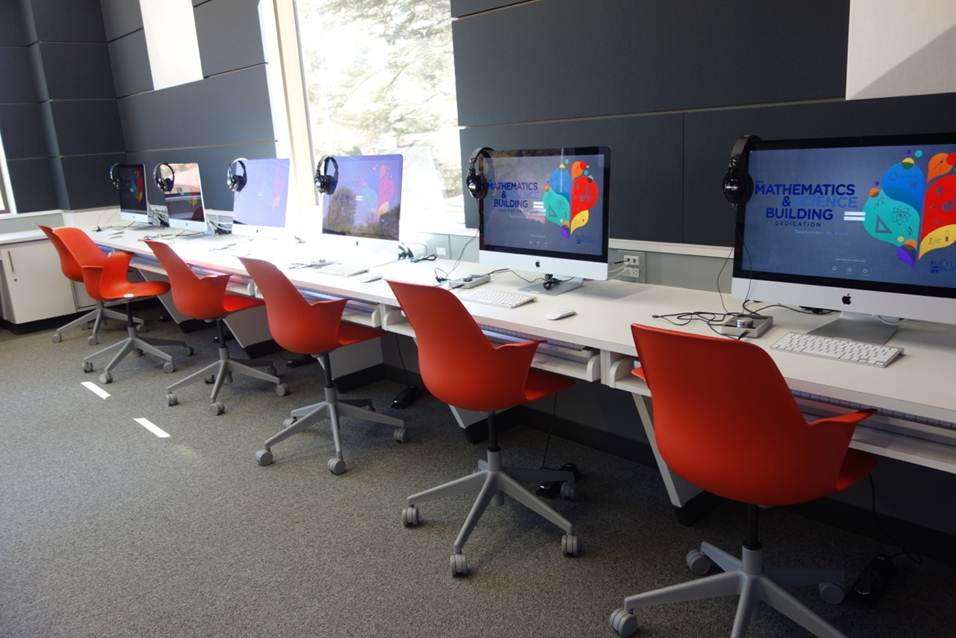“College Begins at Two” is what welcomed the students every morning at the entrance of The Buckley School in Sherman Oaks, CA. That wooden sign greeted me from age 8 (when I matriculated) until age 18 (when I graduated).
There is truth and profoundness in “College Begins at Two” — and not in the “Tiger Mom” (or Bret Easton Ellis, Less Than Zero) sort of way. In a previous post I wrote about L.A. PRIVATE SCHOOLS, I mentioned that I was fortunate to attend The Buckley School “where the teachers held Stanford degrees and PhDs.” Yes, the caliber of the teachers and the academic rigor were a huge part of the appreciation and enjoyment; however, in retrospect, what I appreciate most is something bigger. What I appreciate now is that the intent of education pioneer and founder Dr. Isabelle Buckley was to instill fundamental lessons of life’s rudiments. Not for a student, but for a human– prepping us for adulthood. Her “College Begins at Two” methodology conditioned her students to achieve a high level of critical thinking, self-confidence and an unquenchable appetite to better oneself and one’s environment. These are the lessons that began at two.
The succeeding words may seem a bit rah-rah to prospective parents; but these are heartfelt words that flow from my memories. My Buckley experience was so formative to me that I cannot help but express enthusiasm and broadcast the pros. My reflections are all predicated on what I received from Buckley, an experience that my fellow alum friends, who have kids there today, indicate still endures.
I’m not saying that Buckley is the right school for every girl or boy. It is hard for any school’s structure, size, philosophy, curriculum, student body to be the right fit for everyone. But, it ended up being the right school for me — and here’s why:
Passionate Teachers
Among the teachers, 10 hold doctoral degrees and 59 have a master’s degree. I don’t mention it to be boastful on behalf of the school, rather because I have found a direct correlation between how far the teacher has gone in their education with their passion for the subject they are teaching. Makes sense, right? Usually, only someone who has lived and breathed philosophy or bio or English lit for 8 years loves it THAT much. That passion has a direct trickle down effect to their students. You can’t fake enthusiasm and dedication. My A.P. bio teacher, Mr. Tozer, was a hair shy of Robin Williams in Good Will Hunting. He insisted that we use smelly and colorful pens when taking notes so we could use all our senses in the learning process. I can recite the digestive and circulatory system to this day. (And my career is far from the science field.)
Dr. Holbech, my history teacher never accepted a regurgitated text book answer or a recitation of facts from his students. He taught Socratically and made us think deeply. He wanted the political theorists’ concepts applied to examples in real life situations so he could trust we really understood the theories and weren’t getting by via rote memorization. He was one of the first to teach me not to accept fact as fact,but to question. He didn’t want book smarts, he demanded intellect.
I have Señora Ippolito’s language mastery tricks to thank for being facile in Spanish, English teachers Ms. Hood and Mr. Robbins to thank for my love of words and books. Miss/Coach Sherman was feared and loved by all. She was insanely smart and tough — but students and other teachers loved and revered her because her toughness was backed by merit. She, of course, is now Dean. I could go on with examples of many others.
Accessible Teachers
The teachers were always approachable, accessible and non-intimidating. They were always enthusiastic to answers questions and to pursue topics further. The small setting was probably a big factor behind their accessibility — the school has an 8:1 student teacher ratio, so their availability was heightened by mere math alone.
By the time you reach high school, the administration and teachers already know who you are, your background, your strengths/weaknesses, your interests and could leverage that knowledge to help foster your growth.
Intimate Environment Leading to Lifelong Friendships
The small student body was conducive to encouraging strong friendships and peer relationships. Most of us had grown up together since elementary school — so we knew each other during our hours of braces, girl/boy scouts, bat/bar mitzvahs, puberty and voice changes, drivers ed and first concerts. We played sports together, camped together on outdoor educational trips, crammed for finals together at someone’s house and showed up for a late night music show in support of one of our classmates. There was so much camraderie, so much history. My experience was that the school itself was competitive — but there wasn’t an undercurrent of competition among the students. There was no zero-sum mentality. If there was academic stress, then there was commiseration and camaraderie, not competition. For some, the small student body might seem limiting; but for me, it worked.
Buckley may have a reputation of being a school that housed many rich and spoiled kids. I think that can be a reality at many L.A. private schools —by the sheer tuition alone, those who have the means are the ones whose kids attend. And yes, for sure, many of my classmates were fortunate. But, with only a few exceptions, the majority were not entitled or spoiled. They studied hard, worked outside jobs, volunteered after school and on weekends at various community service projects, protested vivisection with classmates at the Federal Building for animal rights, started a petition to make the school environmentally friendly, etc. Affluence actually faded into the background. From my experience, being smart was cool, being athletic was cool, being talented was cool, being rich wasn’t a consideration.
To this day, most of my closest friends are from my Buckley childhood; 3 out of my 4 bridesmaids were classmates. In the land of Los Angeles, where so much can be superficial and opportunistic, it turns out that my childhood Buckley friends are the down to earth ones who would back me at any moment or house my family if we ever fell on hard times. We have been known to employ one another in the event someone loses a job, and we support Buckley alum owned businesses. And regardless of one’s success, it’s rare for a classmate to forget about old friends. My good friend/classmate not only hosted the entire class at his family’s house for our 10 year reunion, but he invited the entire class to his wedding last summer. Real, life-long friendships were formed — and that is a priceless gift.
Diversity
Buckley makes a concerted effort to diversify their student body. Equal female/male student/teacher ratios, ethnic/religious/cultural diversity, and so on. There was no, “I’m not racist. One of my best friends is black!” The student population was wonderfully mixed. Indian/Iranian/Pakistani/Korean/Chinese/Thai/Egyptian/Israeli/African/Bahamian/White European/Jewish/Muslim/Catholic/Hindi in my class alone. We were colorblind—we grew amidst diversity, internalized it and advocated for it before we knew it was a social statement.
In terms of financial diversity, it appears that they are making strong strides to provide financial aid and in so doing augment the socio-economic spectrum that further helps round out the student body—this while preserving the confidentiality of the assistance. While I was there, their financial aid program was just evolving, and yet even then the assistance was rarely known. Ensuring diversity was and is an elemental part of Buckley’s emphasis on providing learning opportunity as well as perspective.
No Limits, No Pigeonholing
It sounds cliché, but this small liberal arts school created well-rounded students. It’s not like in Clueless (or any John Hughes movie for that matter) where there are the jocks and the geeks. Here, you were encouraged to do everything. You could be the MVP and team captain of your Varsity sports team, the lead in the Spring Musical, play in the school band, be Student Body President, a member of the National Honor Society and the editor of the Students’ Voice newspaper — simultaneously.
The school’s climate and the encouragement of the teachers/coaches fostered the confidence to pursue anything and everything. Many of the students were renaissance students – hyphenates before hyphenates were a thing. There was no hierarchy of learning. Art, drama and music were as valuable as the sciences and you were allowed to be committed to all. I was able to play sports, sing in choir, act in student council, serve as a co-founder of the ecology club (which still exists to this day), and still have the ability to have a blast socially with my friends.
I actually credit Buckley for giving me the confidence to pursue different things and multitask in my adult years. Be an attorney. Aim for a black belt after I turned 30. Start writing. Become a wife and a parent. It’s never ending. To this day, I’ve never experienced a glass ceiling or felt confined to a defined role. Buckley taught me to never be complacent and to always shoot for more. Buckley reminded me that I am my own construct.
Preparation for College
Variety of coursework / AP courses / Art courses
Buckley’s curriculum was built around a core of requirements (science, foreign languages, etc.) with varying levels of difficulty. Courses were offered at the honors level or AP level — and an arts level if the student required a less rigorous pace. The visual arts program offered generous options — metal and enameling, ceramics, sculpture, painting, and more, all taught by Ms. Mahony. In fact, the art room for me was my before-school safe haven. Ms. Mahony would allow me to come in early and work on my craft before the bell rang and before my friends arrived. It is also where I would sometimes go on rainy days during lunch to obsess over a piece and could also stay dry.
Art Room
I believe Buckley’s wide variety of honors and AP courses is a major reason why I was granted admission to UC Berkeley for college. Aside from the educational rigor and mental preparation, there are mere mathematics involved in the admissions process. The UC system calculates your GPA based on a weighted scale. Because of the voluminous amount of applicants, most can’t be admitted these days with a 4.0 at UCLA or Berkeley; however, if your courses are taken at an AP or honors level, the grade is weighted or bumped up. You can graduate with a 5.0 and therefore be much more appealing to the UC Board of Admissions.
Ability to Navigate the System
Funny enough, the small and intimate setting of Buckley prepared me for the huge university bureaucracy of UC Berkeley, which has a student population of 36,000. Buckley prepared me at a small scale how to navigate bureaucracy, administration, even politics, how to protest something, how to get a club off the ground, and how not to be intimidated by authority figures. I learned from a smaller context that you don’t need to sit back passively and accept the status quo, you can question things, be heard by adults and create change.
Buckley taught me that everything is accessible. You just have to believe it. My best friend Dr. Nooshin Razani and I started the Buckley Ecology Club (Students’ H.O.P.E. Students Healing Our Planet Earth) from ground zero (drafting a petition, meeting with the principal, asking a teacher to mentor us, etc.). We saw a void in the school and we sought to fill it. We wanted something, and we received the administrative support, and enthusiasm from our elders and community to accomplish it.
Then, when I was a sophomore at Berkeley, I had the courage to approach my awe-inspiring and intimidating Black Panther / Civic Activist / Sociology Professor, Dr. Harry Edwards, one of the largest and smartest humans I have ever met. I knocked on his door and told him I wanted to be his Head Teaching Assistant and laid out the reasons why. I worked for him for 3 years until I graduated. I realize now that I used the skills I learned and practiced at a small school and applied them in a bigger setting.
People always ask me how I got that job. It was a coveted position since he was a celebrity of sorts — insanely smart and the spiritual adviser to the San Francisco 49ers. His lectures were packed with 500+ students. I owe (or blame) Buckley for having the confidence and know how to ask for what I wanted.
FUN!
Last, but certainly not least, was the FUN. This is probably what I remember most about Buckley. IT. WAS. FUN. The kids were FUN, on campus and off campus. There was always creativity and music and video making and camraderie. Our class would get together on weekends or after school to shoot movie videos, comedy sketches, make noise (!) and just have good quality kid fun.
So, that’s it. Those are the highlights of my Buckley memories. Buckley taught me how to think, how to question and how to do. I don’t know if that translates into being a “successful” adult, but I feel it prepared me for life. Even more important than the actual content of the subjects learned was being conditioned to constantly seek to better myself and those around me. Dr. Buckley’s methodology taught me to think critically, to strut through life with self-confidence, to get things done and gave me a hunger that prevents me from ever strolling through life complacently. These invaluable life lessons… these are what begin at two.
Elaine Sir is a graduate of Buckley School and U.C. Berkeley. She is an attorney and the mom of two adorable little girls. She writes the blog, Elaine Sir. Find her on Instagram. Her photos are beautiful, like she is.
All photos courtesy of The Buckley School.
Don’t miss a thing! Like Beyond The Brochure on Facebook!
